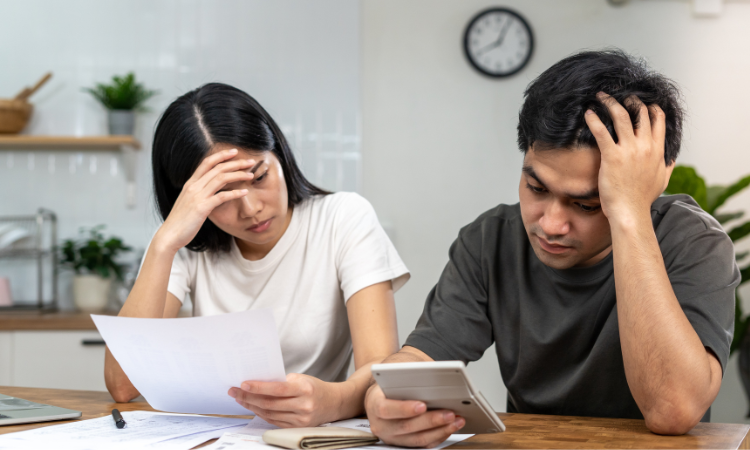Medical bills are a significant source of concern for many people. Getting sick or injured doesn’t end at the emergency room as the bills can be overwhelming, even for those with health insurance. With medical costs continuously on the rise, many people are struggling to keep up with their unpaid medical bills. However, this shouldn’t limit access to medical care or affect your future financial stability. This blog post will share some excellent ideas on how to deal with unpaid medical bills to help you find financial relief.
Negotiate with the Healthcare Provider
One of the best ways to deal with unpaid medical bills is to negotiate with the healthcare provider directly. Try and speak with someone knowledgeable and explain your financial situation; they may be able to help you come up with a suitable payment plan. Most hospitals and clinics will work with you and set up a fair payment plan or even reduce the bill to some extent, depending on your financial situation.
Utilize Patient Assistance Programs
Many healthcare providers offer patient assistance programs that provide financial help to patients who can’t afford medical bills. This help may include reduced medical costs, prescription discounts, or free health services. These plans are available to patients who don’t have health insurance and those who do but have high deductibles or co-pay requirements. To find out more about these programs, research online or talk to your medical provider.
Consider Bankruptcy
Filing for bankruptcy is a serious decision and should be a last resort. However, it can help provide relief for unpaid medical bills, especially when they become unmanageable. Working with a bankruptcy attorney is crucial, as they can help you navigate the process and determine whether filing for bankruptcy is your best option. A bankruptcy lawyer will also provide personalized advice based on your financial situation and help you understand the long-term consequences of filing for bankruptcy.
Check for Billing Errors

Before you pay your medical bills, it’s essential to check for billing errors, which are more common than you might think. Errors in billing range from double-billing for a procedure, charges for a service you never received, or even billing for an incorrect dosage. Even minor mistakes can add up, so it’s crucial to go through your medical bill with a fine-toothed comb. If you spot something amiss, contact your medical provider to correct the error.
Consider Non-Profit Healthcare Providers
Non-profit healthcare providers provide medical services to patients regardless of their ability to pay. Some non-profit providers offer services at reduced costs, while others offer completely free services. These providers have an obligation to help anyone in need, so don’t hesitate to seek out their services. To find non-profit healthcare providers in your area, search online or talk to your state’s public health department.
Dealing with unpaid medical bills can be stressful and overwhelming. However, by negotiating with the healthcare provider, utilizing patient assistance programs, and considering bankruptcy, you can find financial relief. Moreover, checking for billing errors and considering non-profit healthcare providers can help reduce the cost of medical bills. If you’re in a tight financial situation, don’t hesitate to take action. Remember, your health should always be your priority, so don’t let financial concerns hold you back!
Written by: Lizzie Weakley
About the Author:
Lizzie Weakley is a freelance writer from Columbus, Ohio. In her free time, she enjoys the outdoors and walks in the park with her husky, Snowball.








